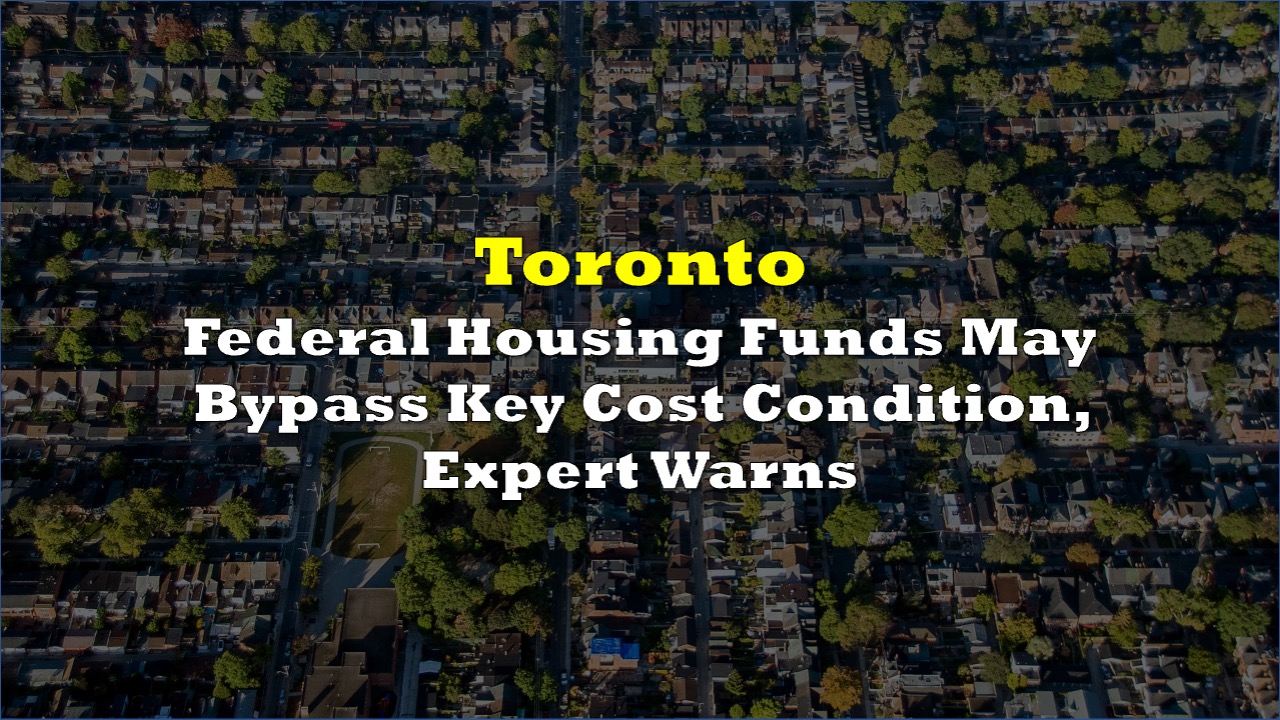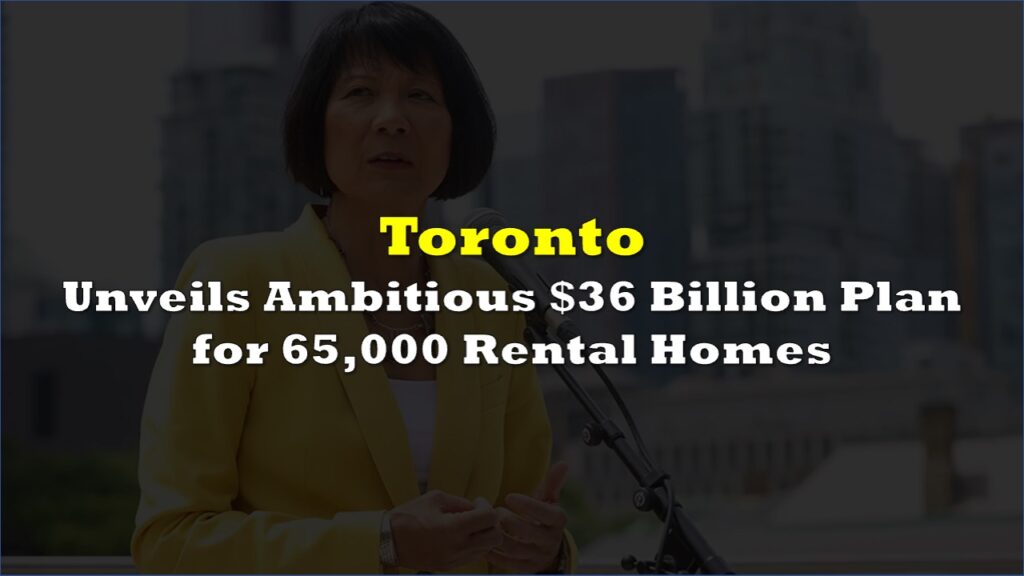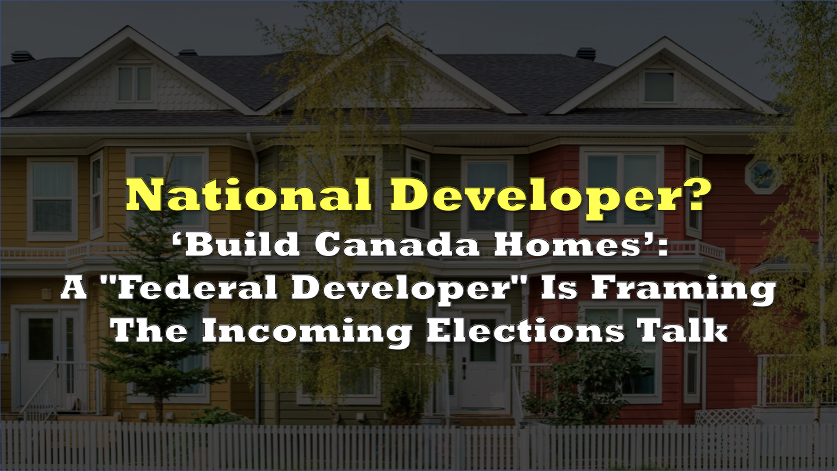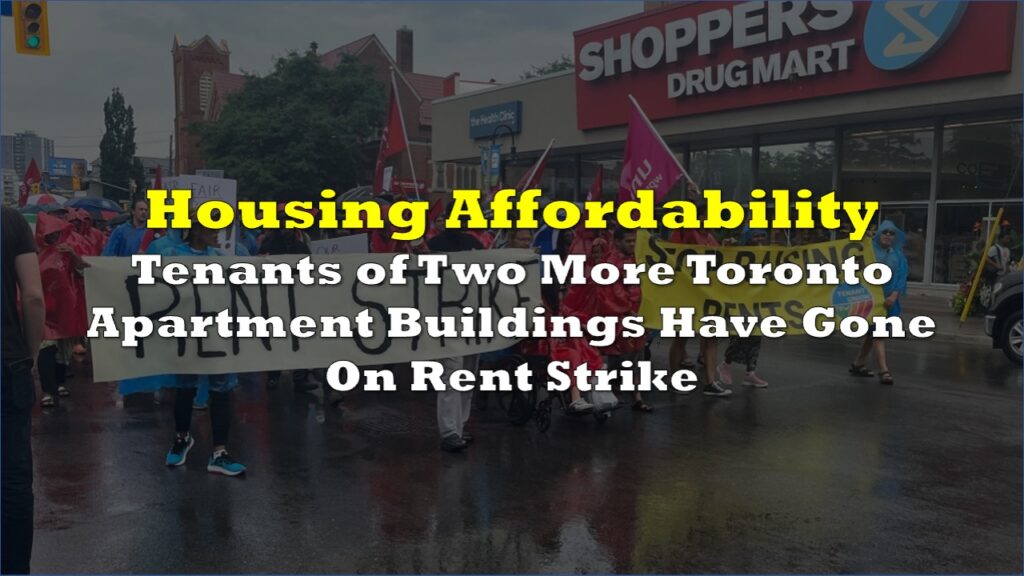The federal government’s $283 million investment promises to unlock 63,000 new homes in Toronto, but a leading housing economist argues it may not address the primary barrier stopping construction: development charges that have soared to record levels.
Dr. Mike Moffatt, founding director of the Missing Middle Initiative, argues the funding structure reveals a fundamental contradiction in government housing policy. While Ottawa pledged infrastructure money to enable construction, Toronto’s fees on new homes remain 20-40% higher than the baseline required under the federal program’s conditions — yet the money appears to be flowing anyway.
The discrepancy raises questions about whether the investment will restart construction in a city where homebuilding has collapsed to 30-year lows.
I'm on Newstalk 1010 at 7:20 am to discuss the federal government's $283 million infrastructure funding for Toronto, which doesn't seem to be leading to the construction of more housing. Let me explain.
— Dr. Mike P. Moffatt 🇨🇦🏅🏅 (@MikePMoffatt) October 15, 2025
Development charges in Toronto jumped 42% between 2023 and 2024, reaching $80,690 per two-bedroom unit by June 2024. The Canada Housing Infrastructure Fund ties federal infrastructure dollars to a condition: cities with populations over 300,000 must cap development charges at their April 2, 2024 rates for three years.
But Toronto’s charges had already spiked well above that threshold before the freeze, and Moffatt notes they have remained at those elevated levels — far higher than the April 2024 baseline the federal condition referenced.
The concern is not merely technical. Toronto housing starts have plunged to their lowest per-capita levels since 1996, with condominium construction down 60% in the first half of 2025 as projects become economically unviable. Industry officials cite development charges as a primary culprit.
According to Moffatt’s analysis of Toronto’s development charge study, the city had already allocated $689 million to the Black Creek sewer project — which the federal government says will enable 63,000 homes in the Downsview area — splitting costs between $262 million from general revenue and $427 million from development charges. The federal contribution may effectively replace local funding rather than adding new capacity, he suggests.
More critically, if development charges remain at current levels, the cost barrier that has frozen construction across the city persists. A 2024 industry analysis shows Toronto charges developers more than $195,000 per unit for low-rise projects — fees that dwarf similar costs in most North American cities.
A developer facing nearly $200,000 in municipal fees per unit before breaking ground still faces those costs whether the sewer infrastructure is federally or locally funded. Without charge reductions, Moffatt questions how the federal investment “catalyzes” construction, as officials claim.
Build Canada Homes, a new federal agency launched in September, announced this as its first major project to double homebuilding rates. The agency’s success may hinge on whether infrastructure spending is paired with fee reductions that make projects financially viable.
Information for this story was found via the sources and companies mentioned. The author has no securities or affiliations related to the organizations discussed. Not a recommendation to buy or sell. Always do additional research and consult a professional before purchasing a security. The author holds no licenses.









